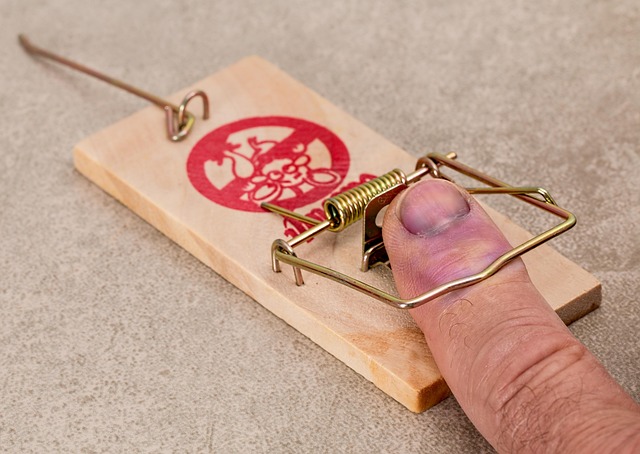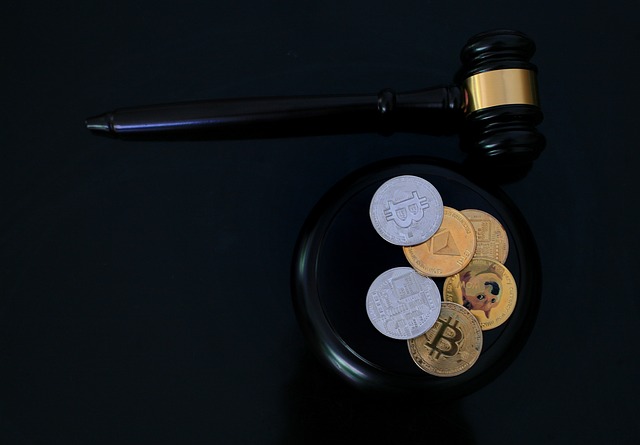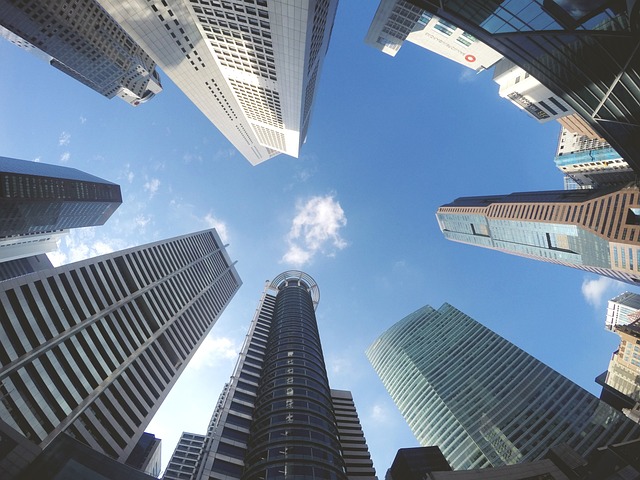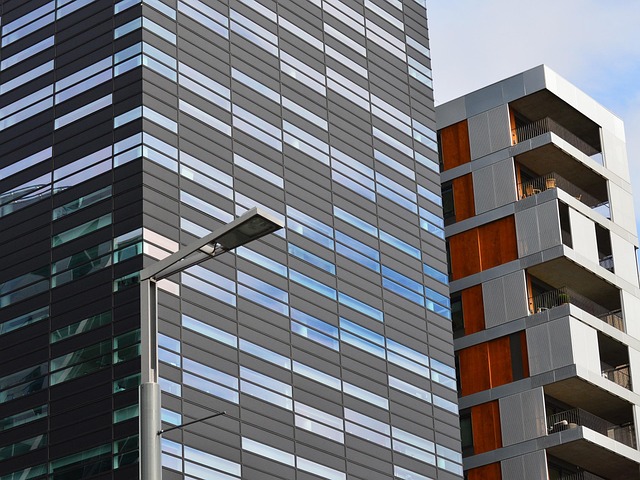Mold in commercial spaces, particularly offices and retail stores, poses significant risks to health and property. It thrives in damp, dark environments, causing structural damage and poor air quality. Effective management involves proactive measures like regular inspections, prompt remediation, and adherence to mold regulations. Professional business mold removal services are crucial for thorough cleaning, identifying moisture sources, and preventing future growth, ensuring a safe work environment and compliance with legal standards. Implementing office mold prevention strategies, including improved ventilation and humidity control, is essential to mitigate health risks and avoid costly repairs and legal implications.
“In every bustling business, from retail stores to corporate offices, a silent, unseen threat can lurk—mold. Understanding the insidious nature of mold in commercial buildings is crucial for any organization aiming to maintain productivity and compliance. This article delves into the multifaceted impact of this hidden hazard, exploring health risks, legal implications, and effective strategies for business mold removal and prevention. By shedding light on workplace mold hazards and navigating relevant regulations, businesses can create safer, healthier environments.”
- Understanding Mold in Commercial Buildings: A Common Yet Hidden Hazard
- The Impact of Mold on Business Operations and Productivity
- Workplace Mold Hazards: Health Risks and Legal Implications for Businesses
- Effective Mold Removal, Prevention Strategies, and Compliance with Regulations for Commercial Spaces
Understanding Mold in Commercial Buildings: A Common Yet Hidden Hazard

Mold in commercial buildings is a common yet often hidden hazard that can significantly impact business operations. It thrives in dark, damp environments, making commercial spaces like offices, retail stores, and warehouses particularly vulnerable. Hidden behind walls, ceilings, or under flooring, mold can grow undetected for years, causing structural damage, compromising air quality, and leading to costly repairs.
Workplace mold hazards are not just about aesthetics; they pose serious health risks to employees. Inhalation of mold spores can trigger allergies, respiratory problems, and even neurological issues. Business owners and managers have a responsibility to ensure office mold prevention through regular inspections, prompt remediation when mold is discovered, and adherence to relevant mold regulations for businesses. Effective business mold removal requires professional expertise to identify the source of moisture, thoroughly clean affected areas, and prevent future growth.
The Impact of Mold on Business Operations and Productivity

Mold in commercial buildings can significantly impact business operations and productivity. Beyond the immediate health hazards posed by workplace mold hazards, the presence of mold can lead to decreased employee morale and increased absenteeism. It also harms the reputation of a business, particularly in retail spaces where customers are sensitive to unsanitary conditions. Mold in commercial settings may cause structural damage, requiring extensive repairs that disrupt daily operations and incur substantial financial costs.
To mitigate these issues, businesses must implement robust office mold prevention strategies. Regular inspections, proper ventilation, and immediate addressing of water leaks or moisture problems are crucial. Professional business mold removal services should be on standby to ensure any mold infestation is eliminated quickly and effectively. Adherence to relevant mold regulations for businesses is not just a legal requirement but also a step towards fostering a healthier and more productive work environment.
Workplace Mold Hazards: Health Risks and Legal Implications for Businesses

Workplace Mold Hazards: Health Risks and Legal Implications for Businesses
Mold in commercial buildings can pose significant health risks to employees, customers, and visitors. Respiratory issues, allergic reactions, and even neurological problems are linked to prolonged exposure to mold spores, especially in enclosed spaces like offices, retail spaces, and other indoor environments. For businesses, the presence of mold not only affects employee productivity but also incurs additional costs related to business mold removal and office mold prevention measures.
Beyond health risks, there are substantial legal implications for businesses with mold issues. Strict mold regulations for businesses govern how commercial buildings should be maintained to prevent and address mold growth. Failure to comply with these guidelines can lead to legal actions, lawsuits, and damage to a company’s reputation. As such, business owners must prioritize workplace mold hazards by implementing robust office mold prevention strategies and promptly addressing any signs of mold in their facilities to mitigate both health risks and potential legal consequences.
Effective Mold Removal, Prevention Strategies, and Compliance with Regulations for Commercial Spaces

Effective Mold Removal and Prevention Strategies are crucial aspects of maintaining healthy commercial spaces. When addressing mold in retail stores or office environments, prompt action is essential to minimize damage and potential health risks associated with workplace mold hazards. Professional businesses specializing in business mold removal offer advanced techniques to detect hidden mold growth and thoroughly eliminate it. This process often involves specialized equipment and expertise to ensure every trace of mold is removed, preventing further contamination.
To avoid costly repairs and legal issues, implementing robust office mold prevention measures is vital for compliance with regulations governing commercial spaces. Businesses should focus on improving ventilation systems, promoting proper humidity control, and encouraging regular cleaning routines that target areas prone to mold development, such as bathrooms, kitchens, and storage rooms. Staying up-to-date with local mold regulations ensures businesses are not only maintaining a safe environment but also avoiding legal consequences related to mold in commercial buildings.














